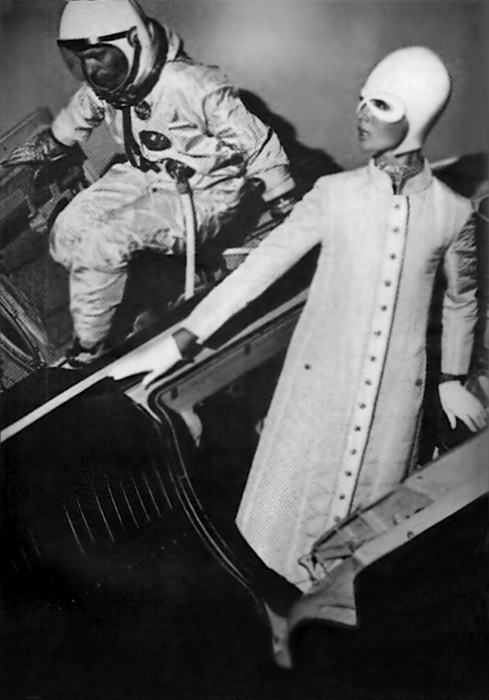As our society becomes more automated, we can be very productive and wealthy in the aggregate with many people being left behind. Having tens of millions of new Americans with healthcare may help drive jobs in the short run, but diagnostics, like many other areas of current employment, will soon be left to the machines.
In the Wall Street Journal, Timothy Aeppel profiles economist frenemies Robert Gordon and Joel Mokyr, who see our financial future in starkly different ways. The opening:
“EVANSTON, Ill.— Robert Gordon, a curmudgeonly 73-year-old economist, believes our best days are over. After a century of life-changing innovations that spurred growth, he says, human progress is slowing to a crawl.
Joel Mokyr, a cheerful 67-year-old economist, imagines a coming age of new inventions, including gene therapies to prolong our life span and miracle seeds that can feed the world without fertilizers.
These big-name colleagues at Northwestern University represent opposite poles in the debate over the future of the 21st century economy: rapid innovation driven by robotic manufacturing, 3-D printing and cloud computing, versus years of job losses, stagnant wages and rising income inequality.
The divergent views are more than academic. For many Americans, the recession left behind the scars of lost jobs, lower wages and depressed home prices. The question is whether tough times are here for good. The answer depends on who you ask.
‘I think the rate of innovation is just getting faster and faster,’ Mr. Mokyr said over noodles and spicy chicken at a Thai restaurant near the campus where he and Mr. Gordon have taught for four decades.
‘What’s the evidence of that?’ snapped Mr. Gordon. ‘There isn’t any.’
The men get along fine when talk is limited to, say, faculty gossip. About the future, though, they bicker constantly. When Mr. Mokyr described life-prolonging medical advances, Mr. Gordon cut in: ‘Extending life without curing Alzheimer’s means people who can walk but can’t think.'”


